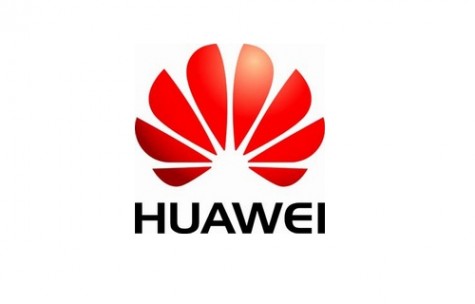SYDNEY – The former head of the United States’ Central Intelligence Agency Michael Hayden said Friday it “goes without saying” that Chinese telecoms giant Huawei spies for Beijing.
Speaking to the Australian Financial Review, Hayden claimed China was engaged in unrestricted espionage against the West and said it was his belief that Huawei would have shared information with state agencies.

Asked whether Huawei represented an unambiguous national security threat to the US and Australia, Hayden replied: “Yes, I believe it does”.
Britain, the United States and Australia have all raised concerns that Huawei’s alleged ties to the Chinese state could see telecoms equipment supplied by the company used for spying and cyber-attacks.
Huawei denies it has any direct links to the Chinese state, but the US Congress last year called for its exclusion from US government contracts and it was also barred from bidding for contracts to build Australia’s national broadband network.
The retired general said he believed Western intelligence networks had hard evidence that Huawei had spied on behalf of the Chinese state.
“I have no reason to question the belief that’s the case,” said Hayden, who retired from the CIA in 2009 and who prior to that served as head of the National Security Agency (NSA).
“That’s my professional judgement. But as the former director of the NSA, I cannot comment on specific instances of espionage or any operational matters.
“And, at a minimum, Huawei would have shared with the Chinese state intimate and extensive knowledge of the foreign telecommunications systems it is involved with. I think that goes without saying.”
Huawei’s John Suffolk, who has previously described the company as the “piggy in the middle” of the broader dispute over hacking between China and the United States, reportedly dismissed Hayden’s comments as tired, unsubstantiated and defamatory.
“It’s time to put up or shut up,” Suffolk, Huawei’s global cyber security officer, told the newspaper.
Hayden said Huawei had approached him several years ago to be on the firm’s American board, but it had failed to convince him it should be involved in critical communications infrastructure.
“This is not blind prejudice on my part. This was my considered view based on a four-decade career as an intelligence officer,” he said.
“My conclusion was that, ‘No, it is simply not acceptable for Huawei to be creating the backbone of the domestic telecommunications network in the United States, period.’
“And frankly this is where I think the state has a role to play — to ensure we don’t make decisions that compromise the foundations of our national security.”
Related: Huawei Founder Breaks Silence to Reject Security Concerns
Related: PLA Concerns Lead to Huawei Being Blocked in Australia
Related: Huawei Calls for Global Security Standards
Related: China’s Huawei Responds to US Hackers
Related: China’s Huawei to Curb Business In Iran
Insight: A Convenient Scapegoat – Why All Cyber Attacks Originate in China















